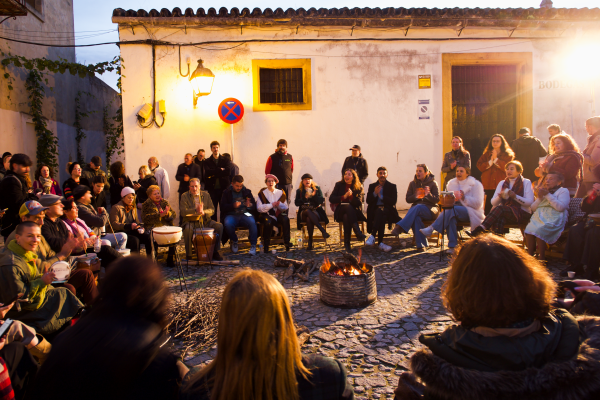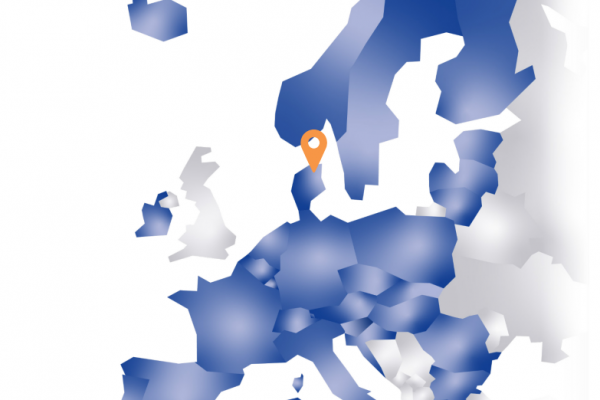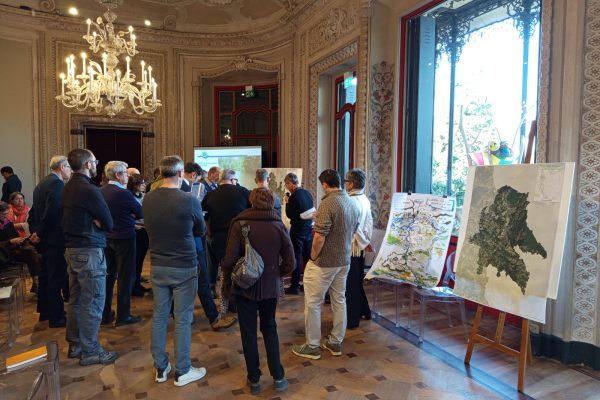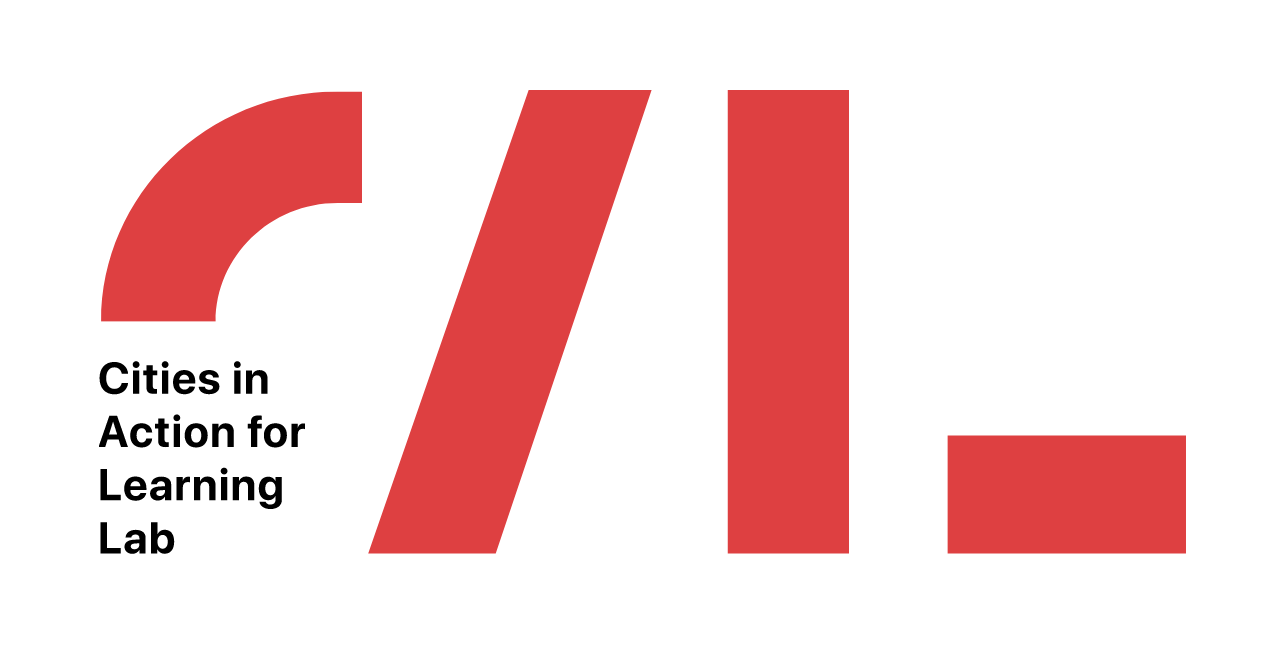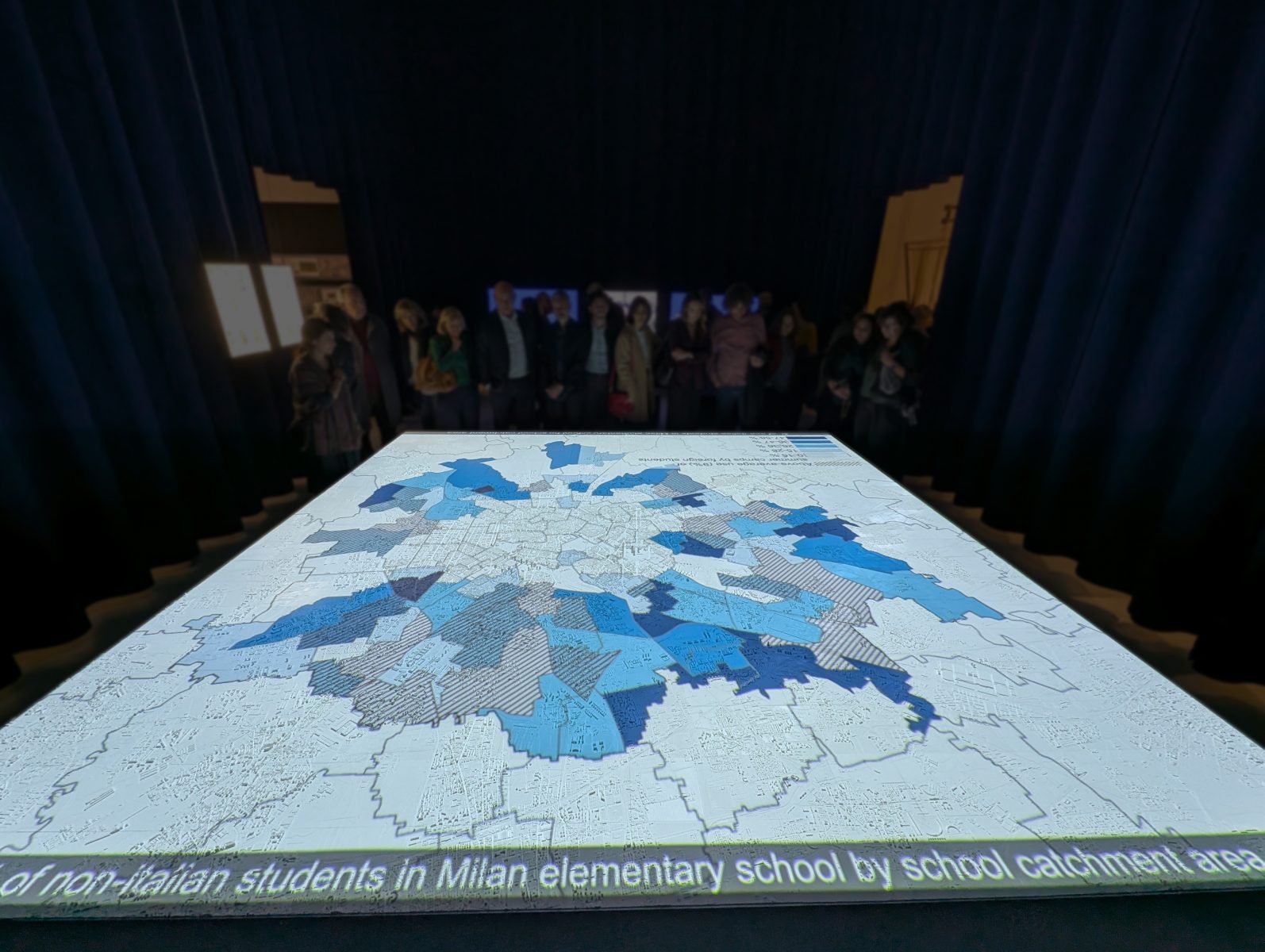
CALL at the 24th Triennale Milano: exploring inequalities through the città-IN project
Envisioning Translocality
Enabling Institutions
Enforcing Practices
We are proud to announce that the CALL Research Lab has contributed to the 24th International Exhibition of Triennale Milano, themed “Inequalities,” through our involvement in the installation “The Space of Inequalities: Environment, Mobility, and Citizenship.” The event takes place from 13 May to 9 November 2025 at Triennale Milano.
Curated by Professor Alessandro Balducci and developed by the Department of Architecture and Urban Studies (DAStU), supported by Competence Centre Anti Fragile Territories (CRAFT) at Politecnico di Milano, the “Space of Inequalities” installation explores the relationship between space and society across two scales: global and metropolitan. Through this lens, it addresses pressing challenges such as climate change, migration, mobility, and unequal access to rights and services.
The installation comprises of:
- Three short films offering global perspectives on environmental crises, migration and mobility, and housing rights;
- A 3D physical model of the Milan metropolitan area, enriched with projections of 29 thematic maps and datasets, invites reflection on questions like: “Milan is growing, but what about inequality?” and “Are housing, education, and well-being accessible to all?”
Among these maps, two visualizations from the città-IN project developed by CALL Lab members Maryam, Grazia, Giada, and Daniele were projected directly onto the Milan model. These maps focus on access to education for immigrant families, specifically analyzing participation in preschool and summer camp programs. The maps highlight a key insight:
Ethnic diversity in primary schools helps overcome structural and digital barriers (like SPID, ISEE, and online registration) that hinder access to services for families with a migrant background.
CALL was honoured to attend the inauguration of the event on May 12, witnessing how the città-IN data resonated powerfully with visitors. The positive message embedded in the project emphasises how mixed ethical schools can serve as foundational spaces of integration, helping dismantle obstacles to public service access, even in the presence of linguistic, cultural, or digital divides.
We are grateful for the opportunity to collaborate within this collective effort and proud to see CALL’s research actively contributing to public understanding and policy reflection on urban inequalities.
🔗 For aditionnal information, click here
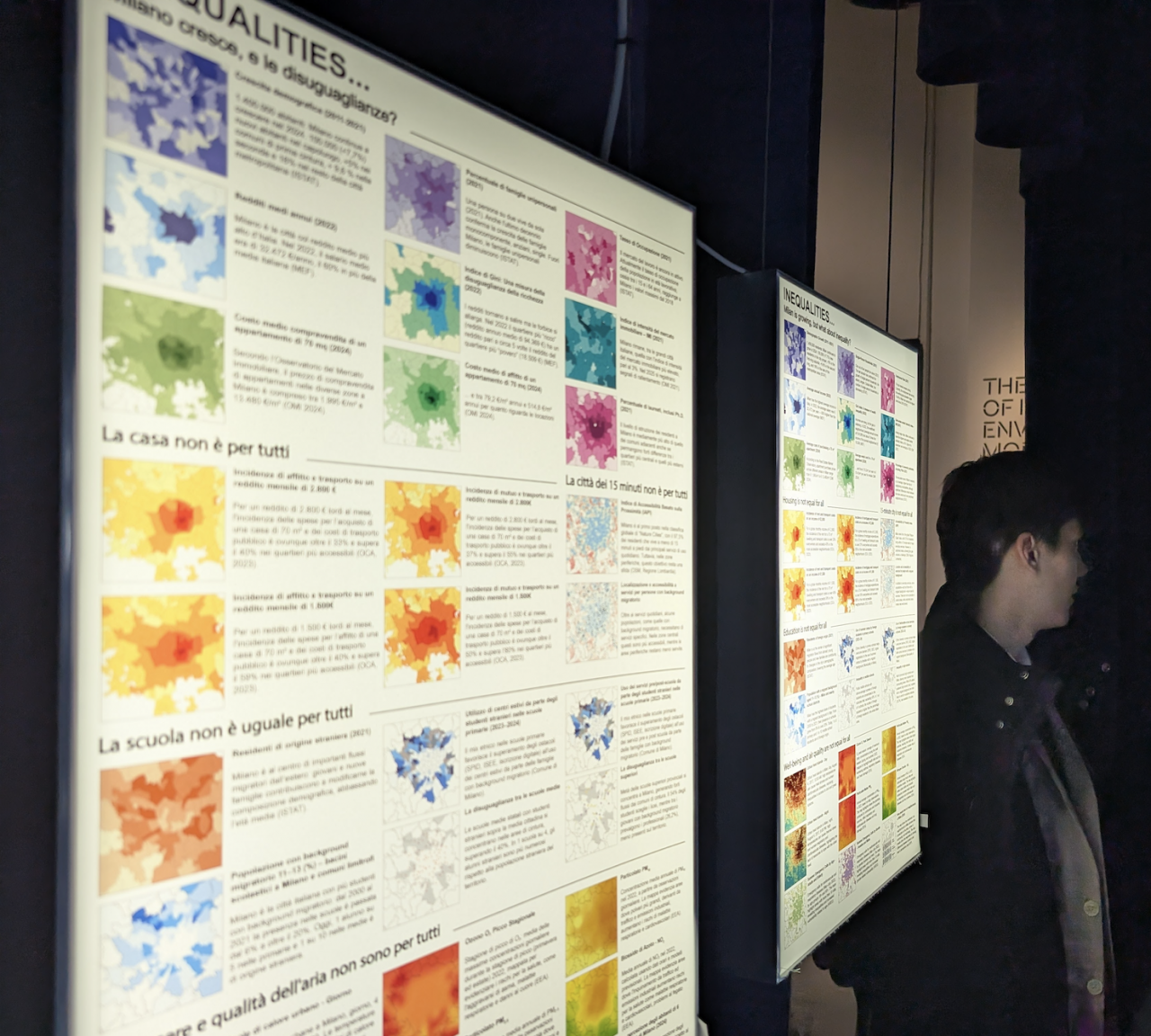
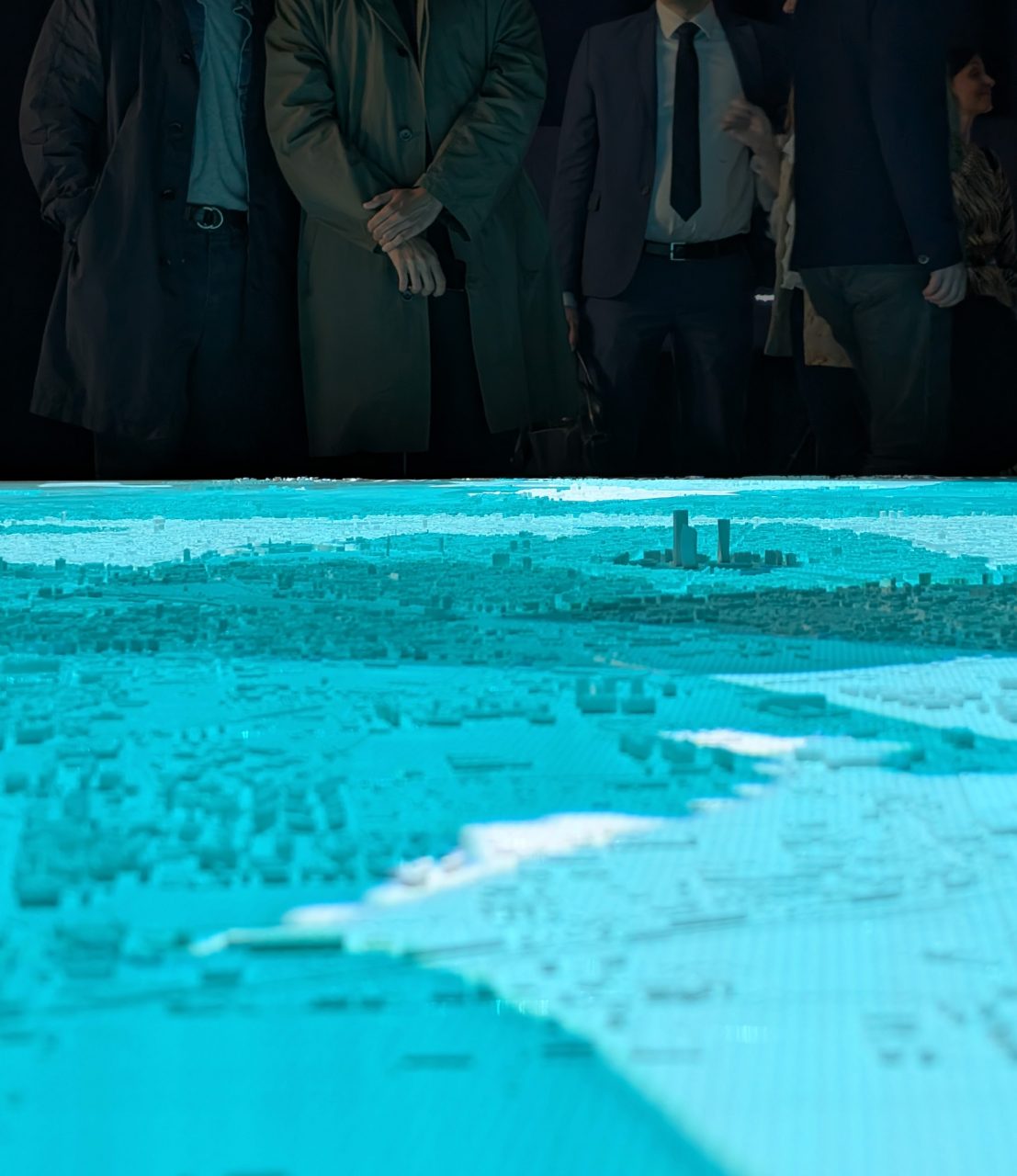
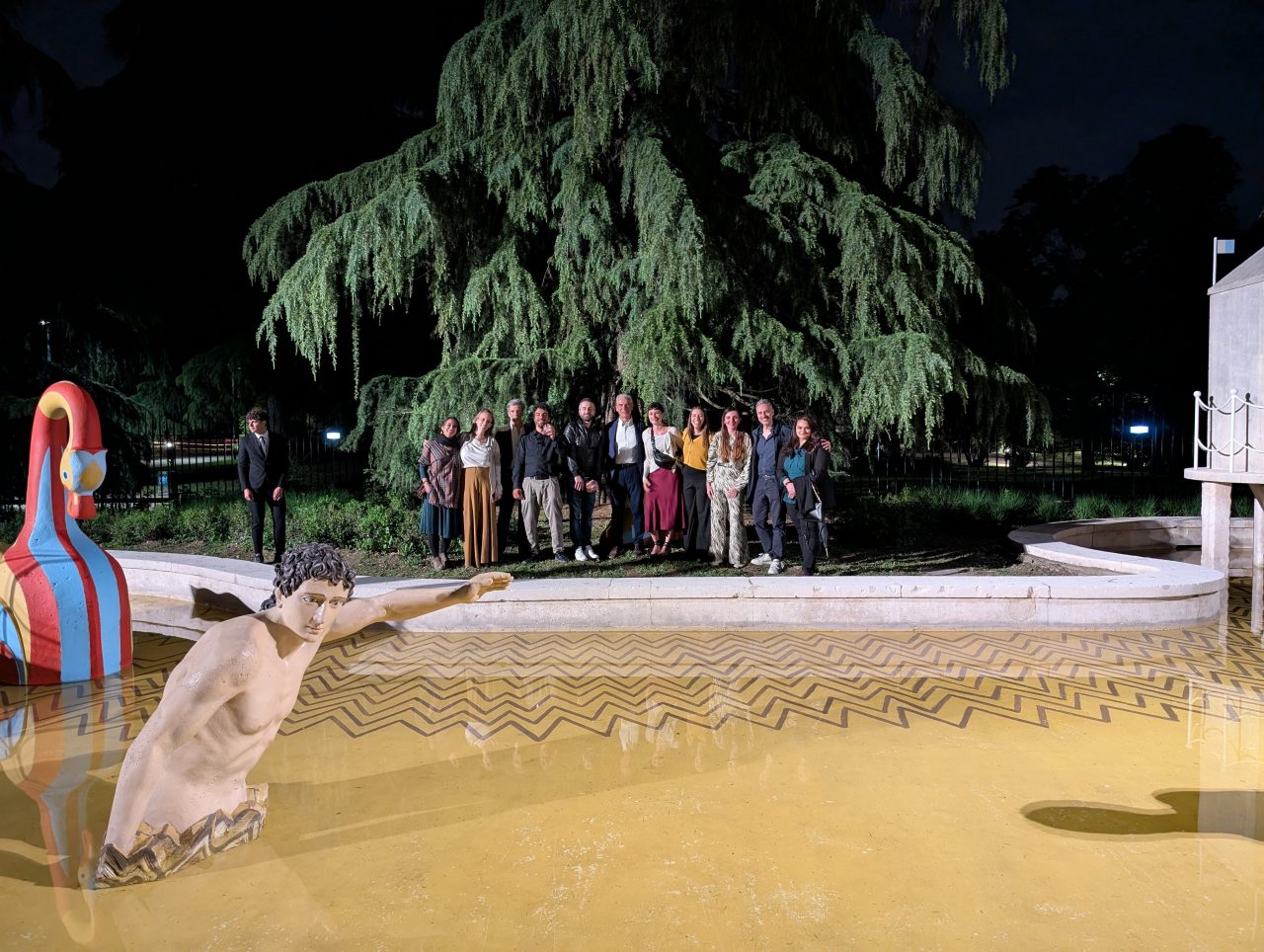
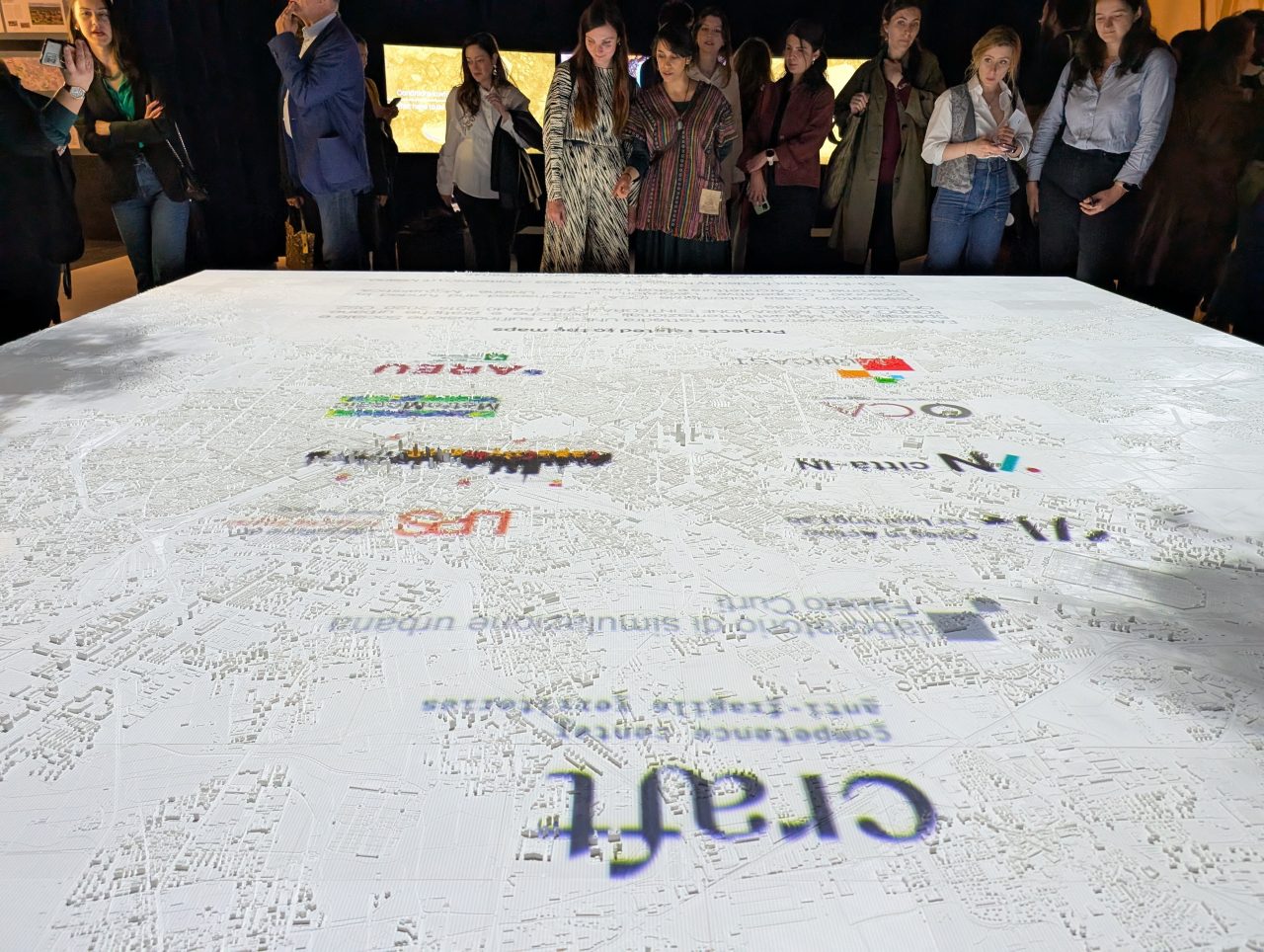
Project Team & Acknowledgments
The installation was developed by the DAStU working group at Politecnico di Milano, in collaboration with CRAFT and with the support of MAUD – Mapping & Urban Data Lab, LaborA, and multiple research contributors.
Scientific Coordination: Sandro Balducci
CALL città-IN Contributors: Grazia Concilio, Maryam Karimi, Giada Casarin, Daniele Viarengo.
